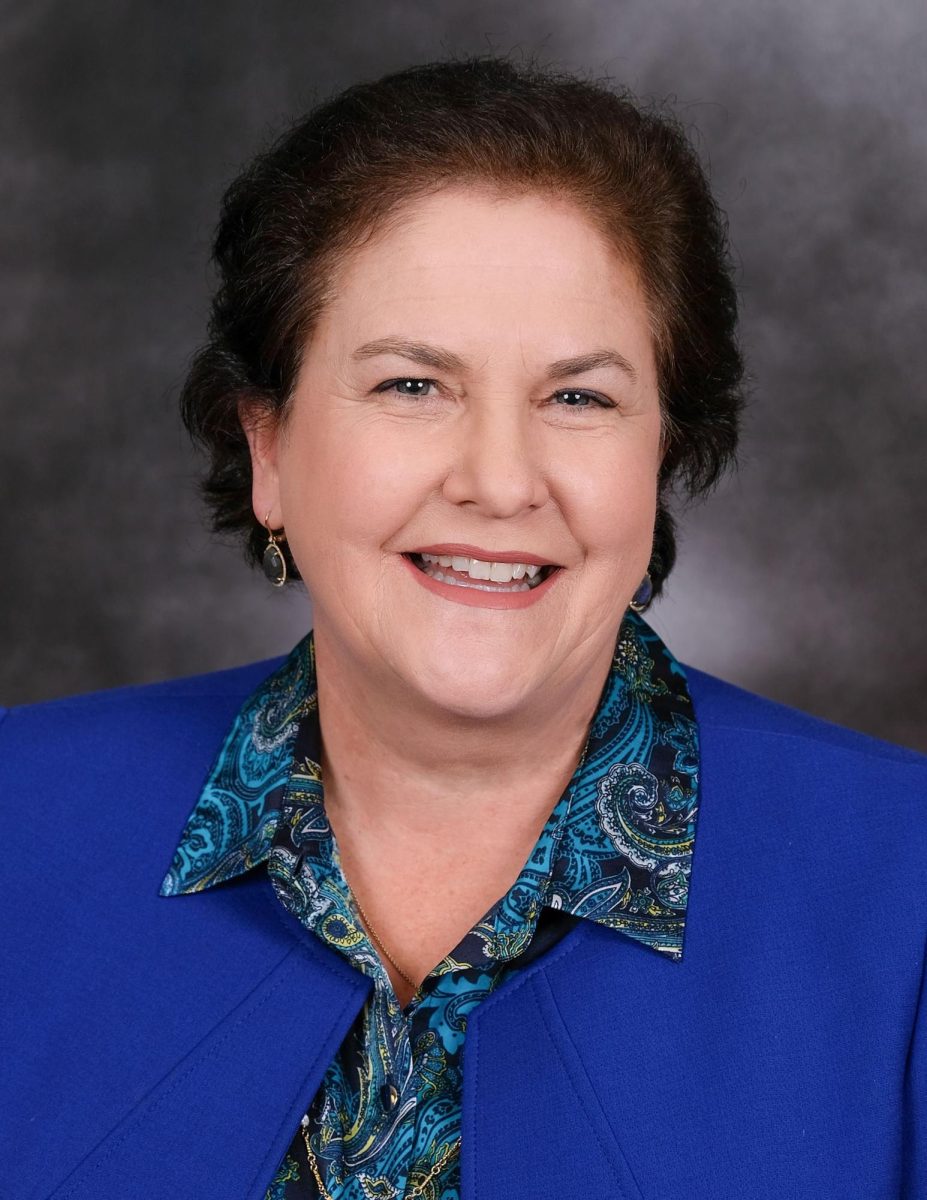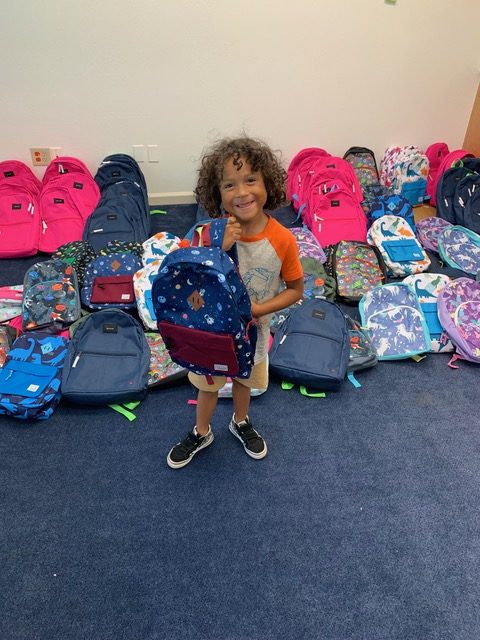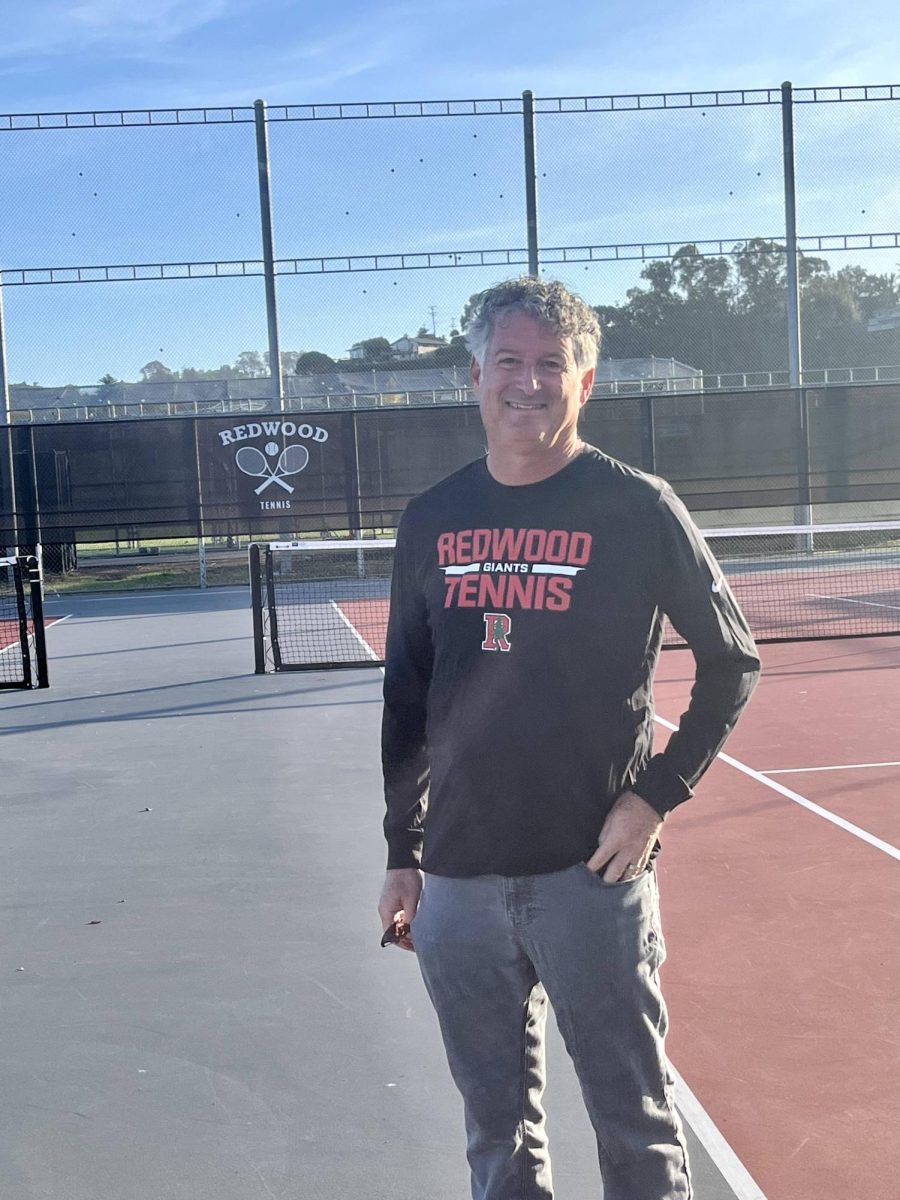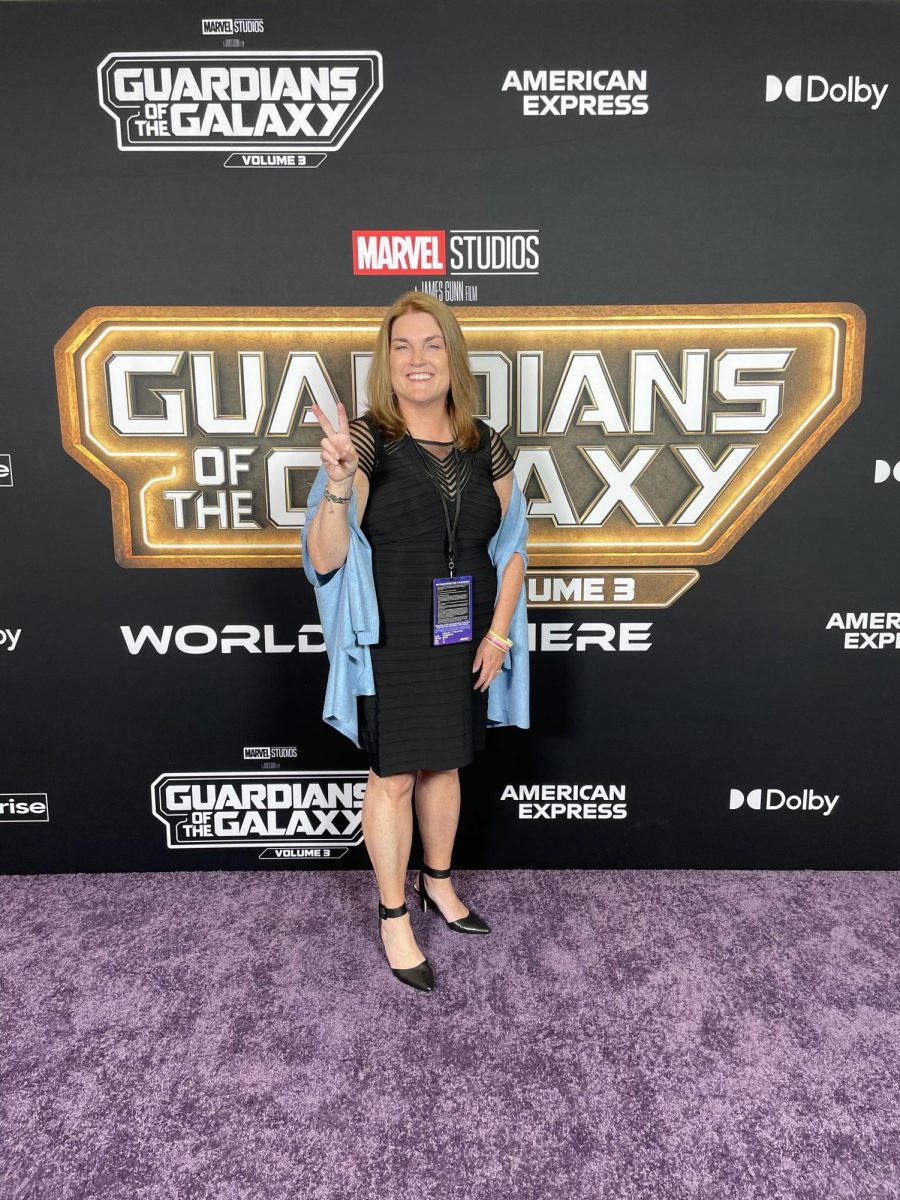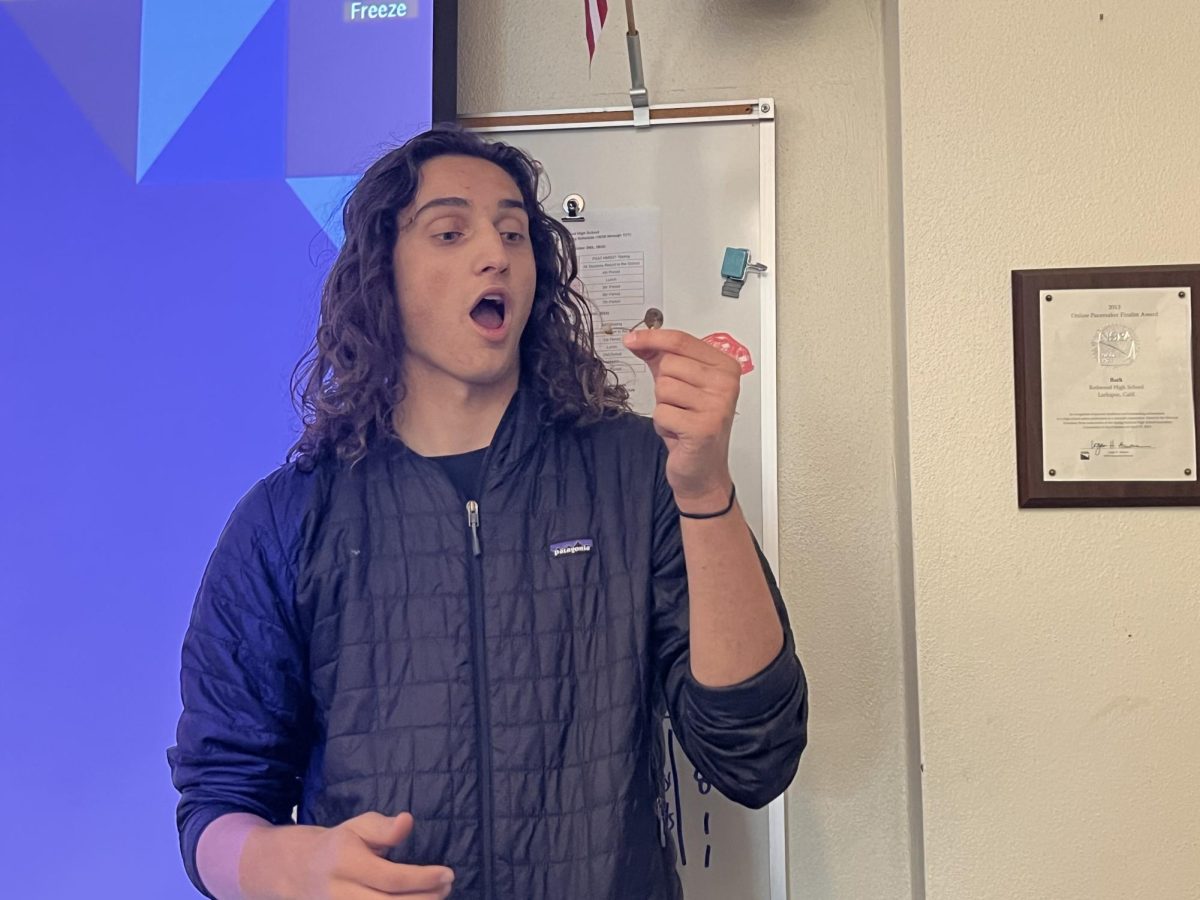The student body gets a taste of global culture as three students from around the world spend their sophomore year at Redwood.
Sofia Rivas-Micoud, Casper Ladefoged, and Manami Shiomi say that they have experienced distinct differences in culture from their respective hometowns of Madrid, Copenhagen, and Tokyo.
While Shiomi misses her hometown, she said that she enjoys the freedom of expression that the U.S. allows.
“Japan is strict. The U.S. is more free,” said Shiomi, referring to her school’s rigidity in Tokyo.
Shiomi said that in Japanese schools, girls cannot wear jewelry, paint their nails or dye their hair.
“Teachers point to students in Japan. Here, students [voluntarily] raise their hand,” Shiomi said. She said the tense Japanese classroom atmosphere makes students more shy, herself included.
Shiomi also noted that, in Japan, students are more independent in getting to school.
“Here, juniors and seniors drive cars. In Japan, they cannot. Everyone takes the train or walks,” Shiomi said.
In contrast, Ladefoged said that he sees American culture as more strict. “[In Denmark], we’re much more tolerant. We don’t have to be home at 6,” he said.
In addition, according to Ladefoged, the Danish have a more relaxed view of teenage drinking because the legal drinking age in Denmark is 16.
But unlike Redwood teens, Ladefoged says the teens in Denmark don’t intend to get drunk when they drink.“It’s more relaxed,” he said.
Ladefoged also noticed a difference in classroom environment. Unlike Redwood, Danish students call their teachers by their first name. “You get a better relationship with your teacher,” he said. Ladefoged said it would not be out of the ordinary for a student to greet their teachers with a “Hey, what’s up?”
Unlike in Marin, Ladefoged said at his high school in Denmark, it is not uncommon for students to take a gap year in a foreign country. He estimates about half of his class is studying abroad for the 2013-14 year, and as a result he is not nervous about being left behind socially or academically during his year at Redwood.
In addition, Ladefoged will not be receiving academic credit for his year here, so he feels less pressure to get good grades.
Like Shiomi, Rivas-Micoud sees Redwood culture as more relaxed than the culture in her home school in Madrid. She said the classes here are easier because they move at a slower pace and the teachers are not as strict. Rivas-Micoud said the curriculum at her school in Spain felt rushed compared to Redwood.
The three students each said they hope to improve their English while at Redwood.
While Rivas-Micoud and Ladefoged have transitioned fairly smoothly into full time English-speaking, Shiomi said complete English immersion has been difficult.
“English has pronunciations [that are] so hard,” Shiomi said, noting that in Japanese, the “th” and “r” sounds do not exist.
In order to improve her English, Shiomi has enrolled in the English Language Development class (ELD), taught by Debbie McCrea. She said that she finds McCrea’s daily instruction helpful in improving her English.
In addition to ELD, Shiomi also relies on her word-at-a-time electronic translator. “[I use it] when I talk to other people, in class, and for homework,” she said. Shiomi said she likes the fact that it translates only one word at a time because it forces her to draw upon the English she already knows to create sentences.
Rivas-Micoud and Ladefoged plan to stay in Marin for a year. Shiomi has moved here with her family and guesses she will be here for another three to four years.






